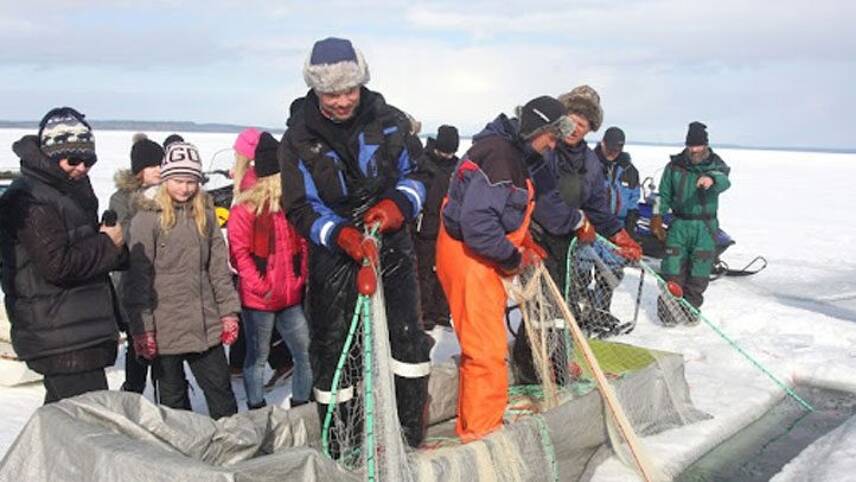Register for free and continue reading
Join our growing army of changemakers and get unlimited access to our premium content

Pictured: Work on one of SnowChange's nature restoration projects. Image: Google/SnowChange Cooperative
The challenge was launched last year, with Climate-KIC as a project partner, in a bid to support initiatives that help climate adaptation and mitigation. Google.org chose to focus on renewable energy, low-carbon transport, natural resources and the circular economy with the fund.
This week, the organisation confirmed that 11 successful applicants will each receive a share of between €500,000 and €2m this year, including four UK-based initiatives.
On renewable energy, the fund will support Open Climate Fix, a UK-based solar forecasting service that uses machine learning and satellite to maximise generation from PV panels and help operators prepare for intermittent generation. It is also backing the Swiss Energy Web Foundation, set up to help increase the uptake and efficiency of distributed energy resources like renewable microgrids and batteries.
As for low-carbon transport, Portugal-based CEiiA has been selected. The firm provides a blockchain-based platform that rewards users for activities like cycling, walking and using public transport.
Initiatives relating to natural resources cover land and sea. Google.org will support Open Food Fact’s efforts to help businesses and individuals track and reduce the environmental impact of food and German regenerative agriculture network Climate Farmers, as well as the Finnish Snowchange Cooperative, which delivers rewilding projects. Dark Matter Laboratories’ TreesAI platform, which enables investment in trees in urban areas, has also been named as a winner.
On water, the Impact Challenge on Climate is supporting Global Water Watch, which works to improve the quality and availability of water-related data, as well as a UK-based project using digital technologies to track the Gulfstream in real-time.
There are also winners providing carbon and climate literacy education to businesses and developing bio-based materials.
Winning initiatives gain access to the Google for Startups Accelerator as well as the initial funding.
“At Google, we believe that when it comes to solving a problem as big and urgent as climate change, we get more done when we move together,” a Google statement reads.
“We want to support the work of non-profits, experts, and organisations that will mitigate the impacts of climate change in Europe and beyond, and increase communities’ resilience to its effects.”
Internal sustainability work
Google has been one of the world’s largest purchasers of renewable energy for several years and has claimed carbon neutrality since 2007.
However, historically, the business has faced calls to improve its own in-house sustainability targets and to stop providing services to high-emitting companies, in fields like oil and gas, that would help them to grow emissions.
The firm responded to these concerns by pledging to cease building custom AI tools for fossil fuel firms last May, then updating climate commitments last September. Pledges include offsetting all lifetime carbon emissions and operating all data centres and office campuses globally using 100% renewable electricity by 2030.
Sarah George


Please login or Register to leave a comment.